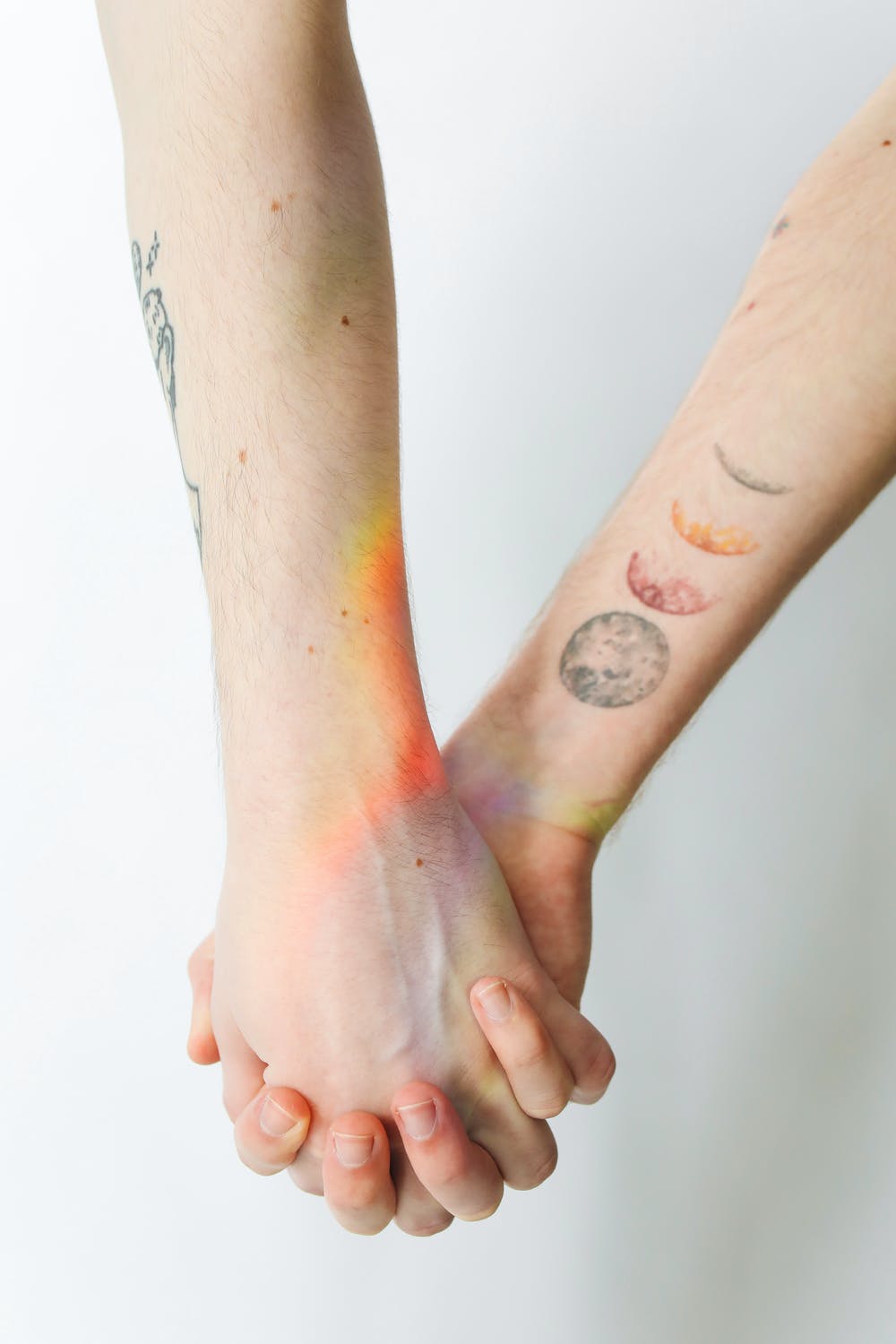As
an awkward young boy on the cusp of puberty, navigating the perilous
waters of school politics was hard enough without the added stress of
being a closeted gay teenager. Indeed; not appearing gay
was—unfortunately—a big part of my daily routine. Being bullied
was difficult enough as it was, being openly gay would just have been the
cherry on top.
Fortunately,
when I myself accepted that I was gay and came out to friends and
family, I received huge support. That is not the case
for everyone. Even in a progressive country
like Sweden, many that come out do not find the same support that I did from those around them.
Statistically,
I'm one of the lucky few. I'm yet to experience violence due to my
sexuality. I'm yet to feel discriminated against due to my sexuality.
But for many in the larger LGBTQIA+ community, scorn, threats, and violence is
as much part of their daily life as breathing. Many are afraid to kiss or even hold the hand of their
partner in public.
Even
now, during Pride Month, seeing participants take off their rainbow
flags, pins, and other memorabilia on their way home from a Pride
celebration just to minimize the risk of harassment or violence is a
common occurrence. To hide part of their very identity—part of what
makes them them—just
to increase the odds of getting home safely. To live to love another
day.
Sexual identity is a very private, complex matter. It takes time to process and accept. Even after coming to the realization yourself and accepting your identity, it can take months or even years until you build up the courage to share it with others, if you even share it at all. The fear of being rejected by those closest to you can be paralyzing. That they'll see you differently. Treat you differently. Reject you. Hate you. Physically abuse you. It's a fear that millions of people struggle with every day. Finding just one person that accepts you for who you are can be a lifesaver. Even then, some may find themselves balancing the thin line of being just the right amount of them their entire life to avoid upsetting people, or costing them their jobs, or even costing them their life.
And yet, in the end, despite the fear, the vitriol, and the menacing looks, it's all worth it. The freedom to freely express who you are, to live, to laugh, to love as your true self. Nothing beats the feeling of being comfortable and proud with who you are.
To freely express who we are, many
people turn to the Internet and mobile apps for safe spaces online. To find like-minded individuals with shared experiences. The LGBTQ community is no
exception, and it is no less important for us. Finding people that
accept you for who you are can be much easier online, and while
someone may not have the courage to open up about who they are in
real life, they can find it much easier to do so anonymously online.
But finding privacy
online is becoming harder and harder to find. Trackers,
database leaks, profiling—just to mention a few—makes it easy for governments and
companies to construct profiles on people and may (whether it be on
accident or on purpose) be used to out someone before they are ready to come
out. Alternatively, the information can be used for consequential decisions such as
hiring, firing, or credit scores.
At worst, improper security and privacy implementations can even lead to
direct physical harm or death.
You don't need to search long for a concrete example of how poor privacy practices have had a direct negative impact on someone's life. Grindr has been found to sell the private data of its
users since at least 2017, and the data they sold even included highly sensitive and private information such as their users' HIV status. As an example of how this information can directly affect users, a Catholic publicationcalled The Pillar allegedly obtained information from Grindr which subsequentlylead to the outing of a Monsignor.
The
privacy concerns don't stop there. In 2016, it was found that
location data of users in the gay dating apps Hornet and Grindr could
be used to pinpoint their exact location even with said geolocation
features turned off. Dating apps (both straight and gay) has commonly
been used to find victims to harass, rob, abuse, rape, and even
murder, as was the case with the infamous killer Stephen Port.
Whether
it is geolocation data, metadata, or private data, information obtained through apps and websites can be used
to blackmail, expose, or physically harm those in the LGBTQ
community, especially in countries where being gay is a crime.
Regardless of ethnicity, sexual orientation, or borders, everyone has the right to privacy. For some, it can literally be the difference between life and death.


